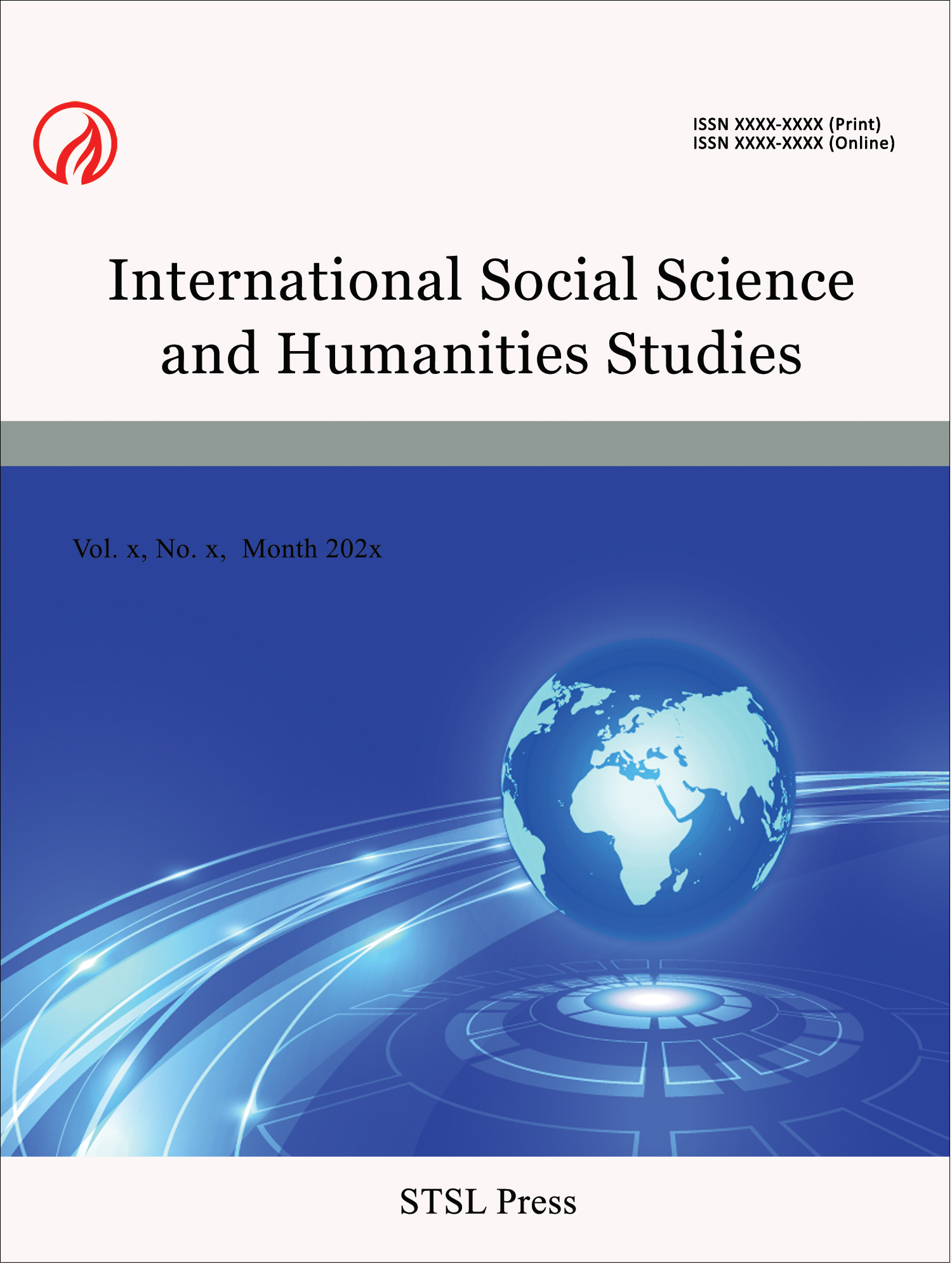Sustainable HRM and Employee Performance: An Operational Analysis through AMO Model in Nepalese Hotel Industry
Dhruba Lal Pandey
Nischal Risal
Sita Bhandari
Abstract
The main issue of the study is sustainable human resource management and its impact on the employee performance. Basically sustainable human resource management is new issue in the Nepalese context and has not yet been undertaken single study. Thus, the main aim of this study is to examine the relationship between sustainable human resource management and employee performance and identify the prominent AMO activities in relation to employee performance, customer satisfaction and innovation. This study followed the correlational research design followed by purposive sampling method. Total population of the study were 13552 and 500 employees were taken as sample but only 422 responses were received and used for further analysis. Purposive sampling method were adopted for selecting samples. Positions of different variables were assessed using mean value, fitness of regression models were checked using F-value and regression models were used for examining the relationship between sustainable human resource management and employee performance, customer satisfaction and innovation. Reliability of the data collection tool was tested using corn Bach alpha value. Regression assumptions; multicolinearity test were undertaken using VIF value, linearity test using ANOVA, heterocedasticity was tested using p-value and normality was tested using skewness and kurtosis. The study results reveal that sustainable human resource management is significant predictor of the employee performance, customer satisfaction and innovation. All AMO activities are significant predictors of employee performance and innovation but ability enhancing activity is not the significant predictor of customer satisfaction.
Paper:
pdf
DOI:
https://doi.org/10.71002/isshs.v3n1p36
 This work is licensed under a
Creative Commons Attribution 4.0 License.
This work is licensed under a
Creative Commons Attribution 4.0 License.
Contact us
- Peter Wilson
- isshs@stslpress.org
